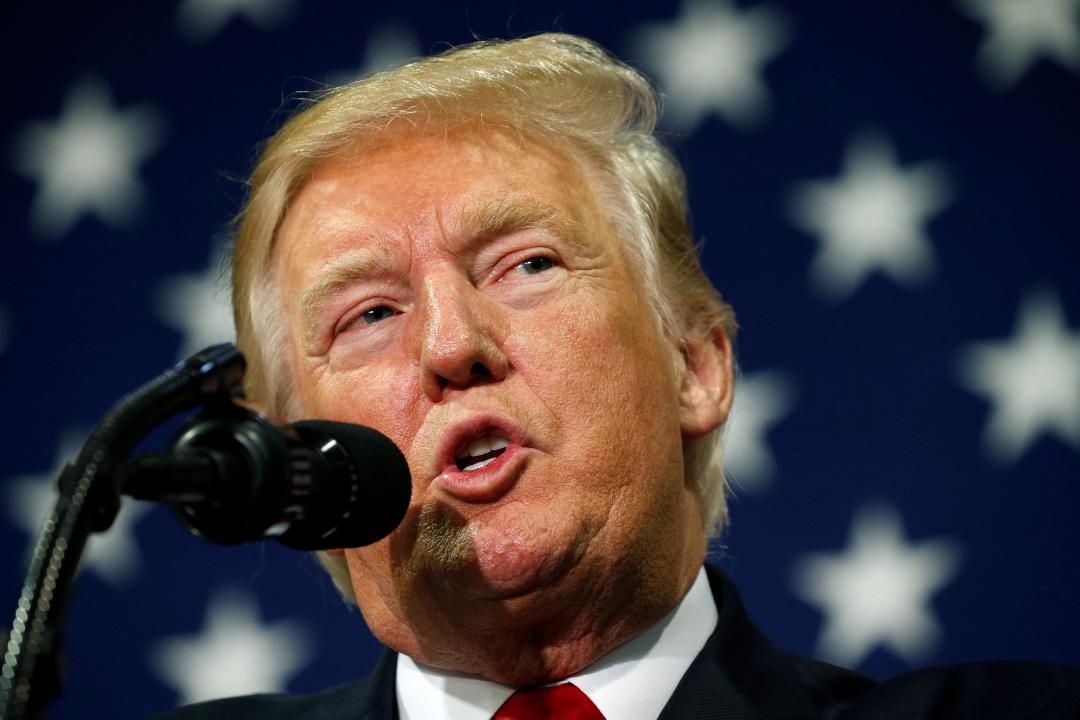Trump pushes for tax overhaul, allies question if Congress can deliver
President Donald Trump on Wednesday made his first public push for comprehensive tax reform in Missouri, but even some of the administration’s staunchest supporters are starting to question if Congress will be able to accomplish one of the Republican Party’s marquee political objectives, FOX Business has learned.
Steve Moore, one of Trump’s earliest advisers on reforming the tax code and a Heritage Foundation economist, told FOX Business that permanent tax cuts may not be possible through a budget reconciliation provision. He noted a tax cut would have to be revenue neutral to be passed through that procedure and he’s also been informed there is a growing consensus that cuts could be split between being temporary and permanent.
“The thing they are talking about is some of the cuts can be permanent and others can be temporary. You divide them into two baskets, some permanent and others are temporary,†Moore said, adding that he’s heard lawmakers are looking to make corporate tax cuts permanent.
Trump has always insisted that he would like to see the business tax rate cut down from 35% to 15%, and he pushed for the same goal during his speech in Missouri on Wednesday.
The process of mixing permanent and temporary tax cuts that would expire after 10 years is complex, yet it might be the only way to get any version of tax reform accomplished through a simple 51-vote majority as the clock on lawmakers continues to tick on determining how they’re going to put together a new budget by the Sept. 30 deadline.
Mark Mazur, director at the Tax Policy Center, says one of the scenarios that could play out in favor of having a permanent corporate tax cut being revenue neutral is to permanently eliminate state and local tax deductions, an idea that’s been discussed on Capitol Hill as a way to pay for tax reform.
“Maybe you have a temporary individual tax cut, permanently eliminate state and local deductions and then have a chance at permanent corporate cuts,†Mazur said.
Still, Mazur insisted that any major tax cuts will have to overcome not just reconciliation rules, but the extensive distractions which are surely set to plague Congress once they return from the August recess, including determining a budget package, raising the nation’s debt ceiling and reauthorizing the National Flood Insurance Program that could help those affected by Hurricane Harvey.
“The folks in the administration know that September is packed with other activity that’s not tax reform and at the minimum, it’s going to be a distraction,†Mazur said.
Voters also have their doubts on whether Congress will be able to pass a tax reform bill by the end of the year. In a new Fox News poll, 78% of participants say it's unlikely congressional lawmakers will move ahead with a detailed tax plan by 2018.
The president, however, reiterated on Wednesday that tax reform must be a priority and continued to press Congress to get it done, telling the crowd in Missouri, “I don’t want to be disappointed in Congress!â€
Other allies have faith that Congress will complete a comprehensive tax reform plan.
Jamie Dimon, chief executive officer of JPMorgan, said in an editorial for USA Today that not only will lawmakers come through with Trump’s promise to reform the tax code, but they must do so in order to boost the economy.
“Reforming the tax code is the single most important thing that Congress could do to jump-start our economy, create jobs, and raise wages for American workers. Our current code is uncompetitive, overly complex and loaded with special interest provisions that unfairly create winners and losers. This drives down capital investment, reduces productivity and causes wages to remain stagnant,†Dimon said.




















